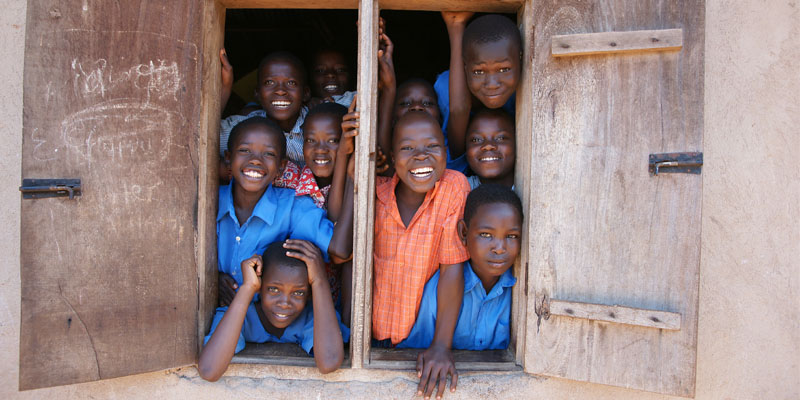Transforming teacher selection practices in developed and developing countries
-
Case study
- Risk, Evidence and Decision Making
In response to a widespread teacher retention crisis, we are developing a suite of innovative, culturally sensitive, evidence-based teacher selection and development tools.

The situational judgement test has greatly improved the selection of applicants in our teacher training colleges … we have managed to recruit people who have easily adapted to the deplorable condition of the college, committed to the course as well as resilient.
The issue
What motivates teachers? And what do 'good teachers’ look like?
Professions such as law and medicine routinely use systematic and rigorous recruitment and selection methods. In education however, it is still commonplace to rely on approaches that are unsystematic and rarely evaluated.
This is a problem because the United Nations Educational, Scientific and Cultural Organization (UNESCO) predicts that countries will need to select and train almost 70 million teachers by 2030 but current selection methods are known to be both ineffective and expensive.
The research
Research into teacher motivation and emotions led Professor Robert Klassen to investigate how we can identify and recruit the best teachers.
Professor Klassen conducted studies of teachers’ non-cognitive traits in European, North American, African and Australian samples. The research focused on teachers’ engagement in their work, how connected they are (or their relatedness) with students, their self-efficacy, personality and emotion regulation. The results found consistently robust associations between non-cognitive traits and job performance.
These findings formed the basis for Professor Klassen's new project that addresses the inefficient teacher recruitment process. He used information gathered from focus groups with teachers to develop situational judgement tests (SJTs) designed to tap non-cognitive traits.
Professor Klassen went on to design bespoke tests for teacher training organisations in the UK, Malawi, Bulgaria and Australia. In all cases, the non-cognitive traits that are tested for and the nature of the specific test designed were agreed and co-constructed with teachers and teacher-educators from the host country or institution.
As a result of this process, the research team, with support from an international network of collaborating researchers and practitioners, have developed tools including text-based and video-based SJTs, multiple mini-interviews (MMIs) and ‘developmental’ SJTs used to assess and develop professionalism and classroom readiness in initial teacher education programmes.
The outcome
By applying methods from organisational psychology to education, this research has transformed our understanding of who is likely to become a good teacher, and changed practice in teacher selection and development.
We have developed culturally sensitive selection tools, in collaboration with local stakeholders, to enhance the sensitivity and accuracy of teacher selection.
These tools are currently being used for live selection in all of Malawi’s teacher training colleges (~12,000 applicants per year) and by Teach First in the UK (~6000 applicants per year), demonstrating national and international reach and significance. The use of these tests in Malawi provides clear evidence of behaviour change in terms of recruitment practice.
They are also being trialled with other partners in several countries, highlighting the international engagement with this research and clear potential for further impact. To date, 30,000 potential teachers have taken the tests.

Robert Klassen
Professor Klassen's work explores human motivation and emotions in diverse contexts. He is Chair of the Psychology in Education Research Centre.
